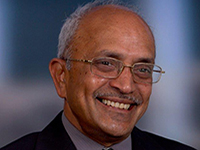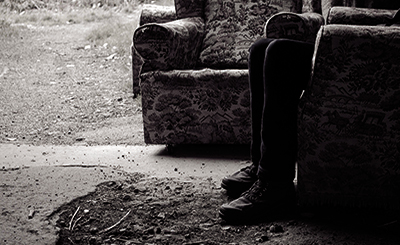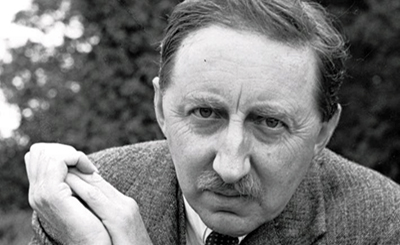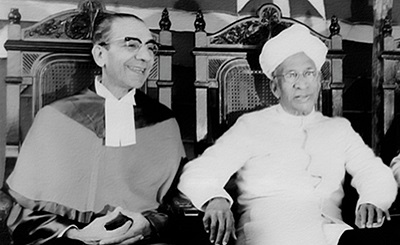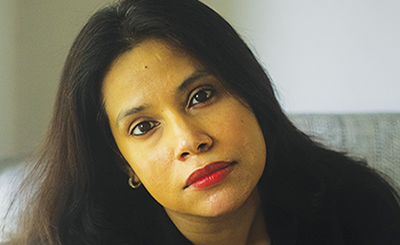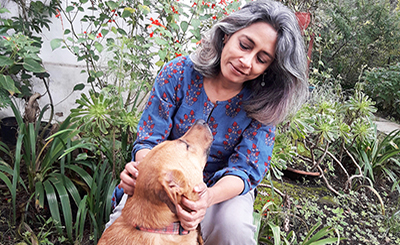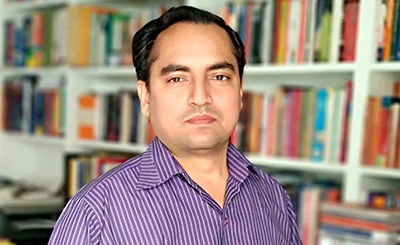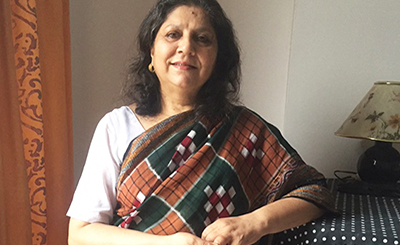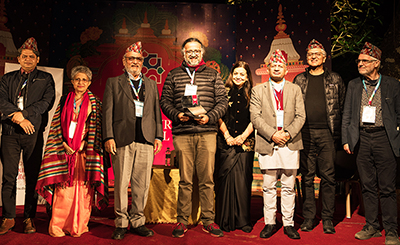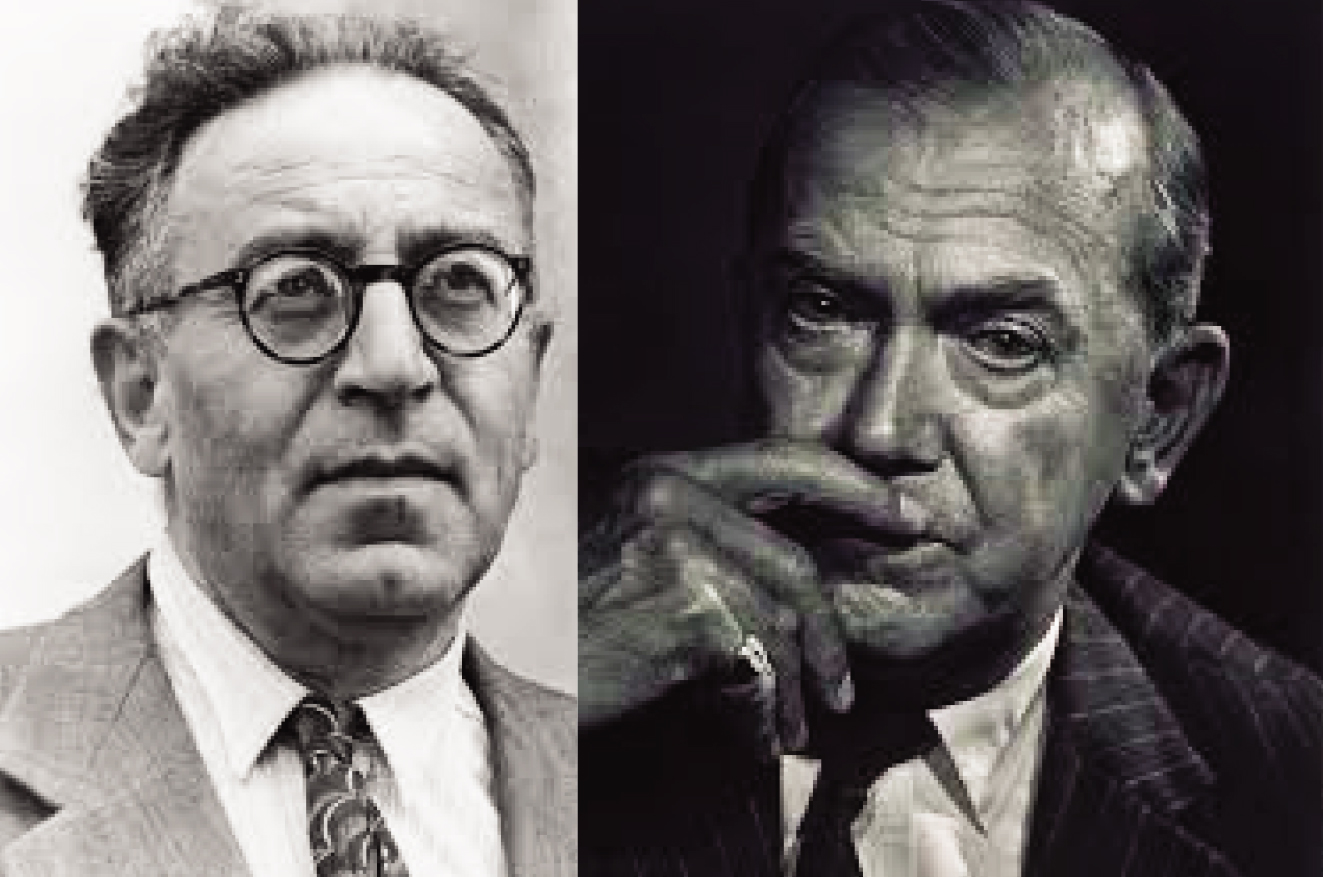
Vasily Grossman (1905-1964), the Russian writer whose best known work is Life and Fate (a story of Russia during the Second World War), travelled to Armenia in 1960 for some translation work he took on essentially “to escape from material difficulties” (that is, to avoid debt) as he wrote to his wife.1 But what was later published as An Armenian Sketchbook (1988) as an account of this visit would turn out to be much more than a mere travelogue. The book would instead deservedly become Grossman’s “personal testament, a discussion of the values he holds dearest” as Yury Bit-Yunan and Robert Chandler described it in their 2012 introduction (while nominating, for instance, his novel Everything Flows (1970) as a “political testament”.)2 This is because the book makes more than evident the goodness that was an innate part of Grossman’s personality and it is a generosity that transcended languages and ethnicities. As a local villager would later observe, “it’s impossible that a man with such good and kind eyes doesn’t understand Armenian,” when told that Grossman wouldn’t have grasped what he had earlier chattered on about in his native lingo.3
One of the moments that stands out in the book is when Grossman meets another elderly resident who talked about matters that were important to him, including love for other people, what goodness is and the nature of faith with its uncertainties. “[A]s I looked into his eyes and listened to his awkward, ungrammatical peasant speech,” Grossman noted later in his journal, “I felt what I had not once felt in the presence of the catholicos [the head of the Armenian church]: I sensed that this was a man of faith, a man held by faith. I sensed this not from anything he said but from a sure intuition.” 4 While talking to this man, Grossman realised that “There was only the human soul, the soul did not lose faith as it suffered anguish and torment… the soul that remains equally human and good in a little village near Penza, under the sky of India, and in a northern yurt — because there is good in people everywhere, simply because they are human beings.” 5
But when we remember that Grossman (having been raised in a communist milieu and working and travelling at the behest of a communist regime) was (possibly) a non-believer, this raises some interesting questions. What makes a person like that want to identify someone with faith and expound on such fuzzy concepts as the soul? What is the nature of faith? Is it an urge in all of us to hold on to something beyond us? And, why are we impelled to look for this “something” — not necessarily someone called God — even when our reason may make us doubt its existence?
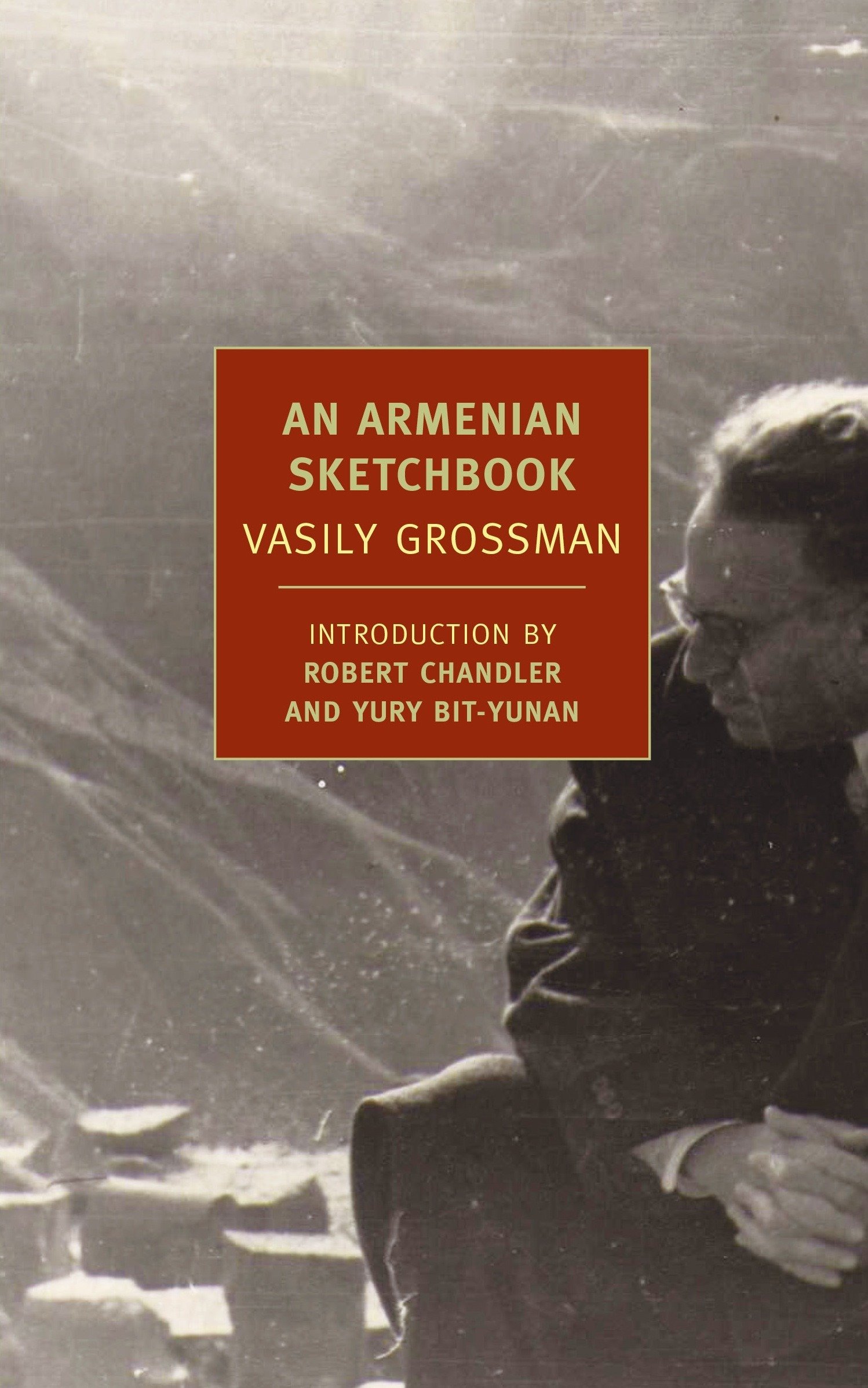
I found some answers to these questions by delving further into Grossman’s writings. These realisations were, however, no doubt incomplete because of the very nature of the enquiries I began with. But what enhanced my understanding was juxtaposing the work of Grossman against that of Graham Greene (1904-1991), a writer whose work on the face of it is perhaps dissimilar to Grossman’s. And this comparison made me wonder too: How meaningful is it for us to pigeonhole someone as an atheist or a Catholic, a communist or a believer (or resort to other such Boolean antinomies)?
What is the Nature of Faith and Belief?
There are some who believe implicitly in ideas like God or other supernatural entities. For them, questioning their belief is an agnosticism: it is irrelevant to their overall approach to a life in faith. It is like a calling, almost like a life’s work that is needed to keep insanity at bay and hope that it will turn out to be the Ariadne’s thread that will lead one to salvation. As Querry (the protagonist of Greene’s A Burnt-Out Case, 1960) a very successful architect in his previous life who has ended up in a leper colony in the middle of Africa, realises, “belief is a kind of vocation”. What’s more, most men haven’t room in their brains or hearts for two vocations. If we really believe in something, we have no choice… but to go further…. One can’t be a half-believer…” 6
We want to believe in something — to keep faith in faith, as it were — and are prepared to suffer the doubt that goes with that belief as such suffering is better than having no feelings at all. The condition of leprosy that the doctor explains to Querry in Greene’s A Burnt-Out Case becomes as such a metaphor for faith. When the doctor tells him that complete mutilation of the limbs is the alternative to the pain the patient suffers, Querry replies, “The palsied suffer, their nerves feel, but I am one of the mutilated, doctor.” 7 Hence, the mutilation of the leper becomes an allegory for the darkness of a life without faith because at least with pain — notwithstanding the anguish — you retain the hope that you may be cured. But needing to feel pain — a perverse way to know that you are alive — is not mere irony. It is a Faustian bargain between suffering and living without hope. This contract with the devil — or destiny or whatever — is no different to the countless moral and social compromises we get into in our daily lives.
Owing to this unconditional belief in someone who is there to lead us by the hand, those who believe are willing to accept whatever happens to them as God’s will. Take for example, the monashki, religious nuns who got caught up in the Soviet Gulag, where the only way to survive was to be a labourer. This group of deeply religious women refused to work for “the Soviet Satan” and consequently the camp commandant isolated them in punishment cells but this and other cruelties did not dishearten them from continuing to pray and fast. They were eventually presumed shot by the camp authorities.
We see a similarity between the unshakeable faith shown by the monashki and Vasily Grossman’s trust in a communist ideology. Grossman retained the expectation that communism will herald a better world. This is despite — as Jochen Hellbeck, a professor of history at Rutgers University, points out — the violence and political oppression that the Soviet system continued to perpetrate. Nevertheless, “while chipping away at the Soviet state,” Hellbeck adds, “Grossman retained his belief in the ideas of humanity and freedom that he claimed were embodied in the original script of the Soviet revolution.” 9
Grossman faith was clearly not about someone called God. That being the case, was his quest akin to that of the African worker, Deo Gratias, in Greene’s A Burnt-Out Case who goes off on his own into the bushes looking for Pendélé, an earthly paradise where you can experience “a kind of dignity and independence…” 10 But whether someone was looking for Pendélé or (like the Gulag nuns) God or the communism that Grossman believed in, they all seemed to share in a certain mysticism. As Doctor Magiot in Graham Greene’s The Comedians observes, “But Communism, my friend, is more than Marxism, just as Catholicism… is more than the Roman Curia. There is a mystique as well as a politique….” 11
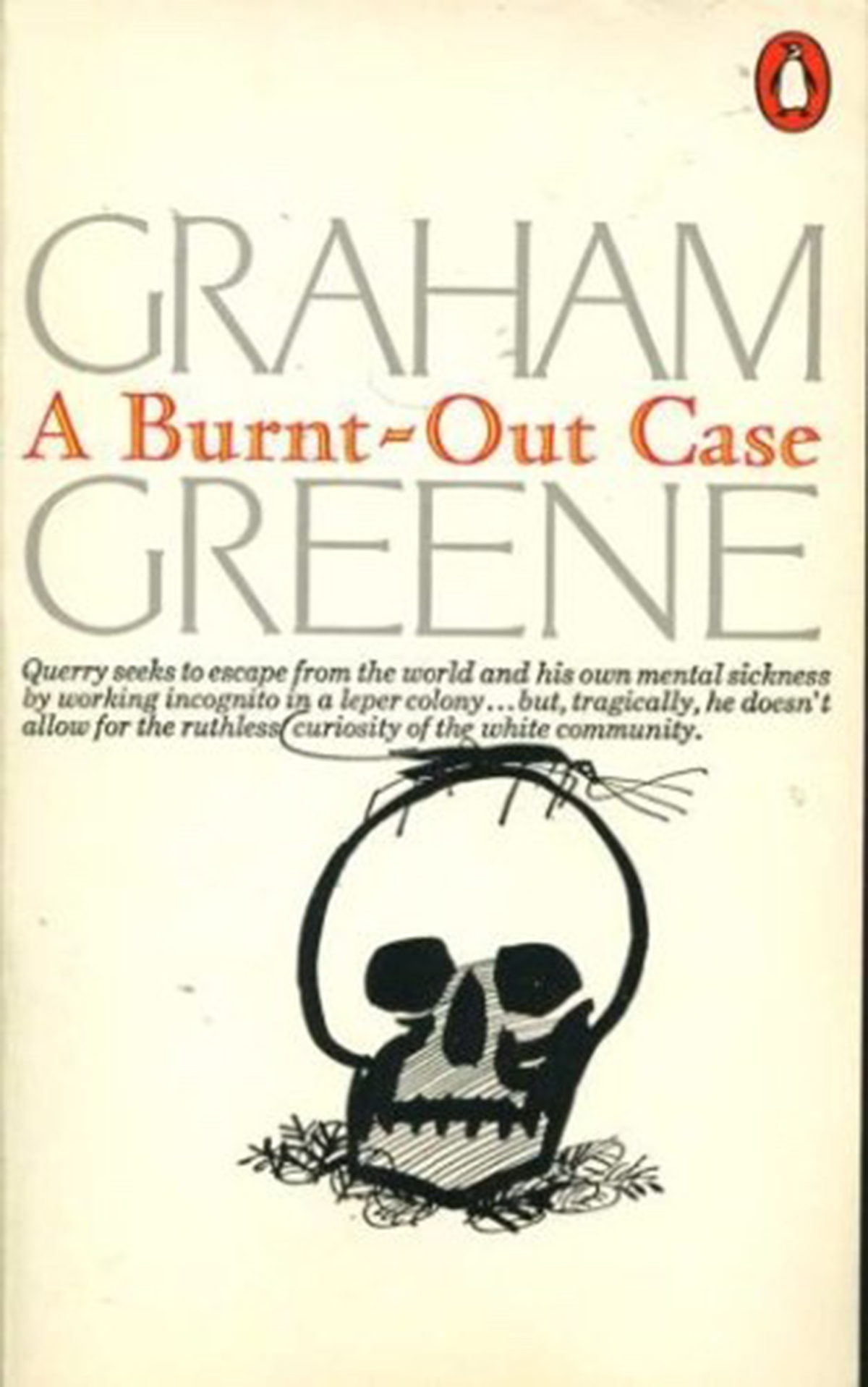
These parallel threads highlight also the fallacy of hastily assigning labels to people. Can someone be, for instance, entirely a Communist and not one bit a Catholic? It appears that Greene, too, was uncomfortable with such off-the-shelf characterisations or facile dismissals. As Pico Iyer put it, “If you try to push him into a compartment, you’ll always get it a little wrong. Call him a ‘Catholic novelist,’ as many did, and you’ll be reminded that he liked to call himself a ‘Catholic agnostic’ and stressed… that he had faith but not belief (the emotional but not the rational basis for religion).” 12
Beliefs, Doubts and Uncertainty
Notwithstanding its mystique, however, the attraction faith has for us wavers at times for more than one reason. Take the idea in some people’s minds that we humans are something special, a breed apart in more than one sense. But, when you unpack it, this presumption is riddled with follies. As Greene (the alleged “Catholic writer”) enumerates, “How often people speak of the absurdity of believing that life should exist by God’s will on one minute part of the immense universe. There is a parallel absurdity which we are asked to believe, that God chose a tiny colony of a Roman empire in which to be born. Strangely enough two absurdities seem easier to believe than one.” 13
Our doubts in the existence of a higher power who is compassionate and disposed to take care of us — and our special place in that scheme of things — multiply further when we see that this world is not merely absurd but so senselessly cruel, too. We are forced, along with Viktor Shtrum (from Vasily Grossman’s Life and Fate) to bemoan, “When you think about new-born babies being killed in our own lifetime [a reference to Nazi atrocities in Poland]… all the efforts of culture seem worthless,” and wonder “What have people learned from all our Goethes and Bachs? To kill babies?” 14
This bemusement at the imperfection of our world is a recurrent motif in Grossman’s oeuvre. He writes, for instance, in the Armenian Sketchbook, “Perfect worlds do not exist. There are only the funny, strange, weeping, singing, truncated, and imperfect universes created by the gods of paintbrush and musical instruments, the gods who infuse their creations with their own blood, their own soul….” Grossman then equates God to an imperfect (or worse inept) writer by proposing that “We should call on the Creator to show more modesty. He created the world in a frenzy of excitement. Instead of revising his rough drafts, he had his work printed straightaway. What a lot of contradictions there are in it. What a lot of typing errors, inconsistencies in the plot…” We, therefore, “have the right to ask the divine mocker this question: In whose image and likeness was humanity created? In whose image were Hitler and Himmler created? … [Or the] many other of God’s creations who covered their nakedness with the uniforms of generals… or with the silk shirts of executioners.” 15
In this world there are, therefore, no miracles, only opportunities overlooked. There is a scene in Greene’s The Power and the Glory where a poor woman’s child is dying. Did that woman “expect a miracle?... Faith, one was told, could move mountains, and here was faith… The priest found himself watching the child for some movement. When none came, it was as if God had missed an opportunity.” 16 And, no wonder Querry from Greene’s A Burnt-Out Case is disgusted that the religious incantations next door “reminded him, like the smell of a medicine, of an illness from which he had long recovered…” 17
To Doubt is to be Human
But, to doubt, to question belief as rational animals, is not treachery. In a way, to doubt — needing to feel the pain, dreading complete insensate mutilation — becoming “a burnt-out case” — may even be better than faith. This is because doubt acknowledges human limitations. Albert Camus argued that doubt, paradoxically, could even be a sign of true faith. “The militant too quickly convinced,” he contended, “is to the true revolutionary what the bigot is to a mystic. For the grandeur of a faith can be measured by the doubt it inspires.” 18
Even so, however much we may doubt, it is hard to rid ourselves of faith (of whatever kind) once we have acquired it. It is like a “birthmark”, as one of Greene’s characters remarks. 19 This is more so when our beliefs are endorsed by the essential beauty in the world which impels us — against the insurgencies of reason — to seek something that will sustain such a world. This is a kind of conviction that doesn’t necessarily have to do with God as God may not — need not — be the only ground for beauty and goodness.
Hence, Grossman (who questioned God’s imperfect creation) is none the less conscious of the possibility of redemption, the potential for hope — as evident from another entry from his “sketchbook” written after he fell sick after a bout of drinking and self-pity. This melancholy then led Grossman to conclude that he was dying (perhaps a foreboding of the ravages of cancer that would eventually consume him). He then describes “the anguish of a dying man” which however would be “incomparably more terrible” if the world were not so beautiful. This world is so despite being one “of contradictions, of typing errors, of passages that are too long and wordy” (a reference to his laments earlier about God’s “rough drafts”). But, it is also one that has “people who have brought together through love the truth of the eternal world and the truth of their mortal ‘I’.” 20 Perhaps this is the ground on which Grossman’s trust in communism is anchored, it is not unmixed with an optimism that that ideology will be the harbinger of change for the better in this world. Victor Frankl may have called it a “tragic optimism” but Grossman held that “a man cannot believe that he is about to be destroyed. The optimism of people standing on the edge of the grave is astounding.” 21
Hence, what links Grossman’s belief in a political ideology and Greene’s vacillations regarding God is their reliance on the fundamental decency of people. “For Grossman, reared in an atheist society, there was no God… but there was humanity as an ideal” as Hellbeck observes. As for Greene, “the human predicament, the possibility for kindness and honesty even in the midst of our confusions and our sins” was always what he believed in, as Pico Iyer writes, and “in humanity he had the strongest, if most reluctant belief.” 22
And, this sheds some light also on a question that we raised earlier: why would an apparent non-believer like Grossman be curious about identifying — and commending — someone with faith? For both Grossman and Greene, their faith in humanity had little to do with the transcendent. (A man who doesn’t wish to believe can yet be a saint. “I won’t pretend [to love God]” as Querry confesses in the latter’s A Burnt-Out Case, “All I have left me is a certain regard for truth.”) 23 It is a search that centres more on the here and now and for finding meaning in an autumnal world.
Also Read: Conversations with Graham Greene by Prof. Shiv K Kumar
It is also a humanity that does not respect the artificial confines (such as states and ethnicities) and binaries (believer, non-believer, liberal, conservative) we impose upon (and interpose between) ourselves. We see such humanity coming to the fore several times in Grossman’s Life and Fate (and elsewhere). One of the figures in this semi-fictional novel is Semyonov, a Russian held prisoner in a German camp. He appears so close to death that the camp commandant tells his soldiers not to waste a bullet on him as he will be dead by tomorrow. Semyonov still manages to crawl out of the camp into the countryside and takes refuge in the hut of an old woman. The woman gives him milk and shares with him the little food she has. She doesn’t seem bothered about such trivialities as what the Germans would do to her if they found out. 24 We can find such people on all sides of the divide. In the Soviet Union, “You could arrange for someone in camp to write to you at their address. And for some reason they were quite unafraid... Were these old women braver and more honourable than Old Bolsheviks like Mostovskoy and Krymov?” 25 It is not that they are fearless; it is possible that whether they should be afraid (or not) is never part of their ethical equations.
But this acting the role of a human is never easy. You are invariably overrun by self-doubts. “He became conscious of this theatricality; and — just as salt crystallizes when water freezes — it deserted him, leaving him to his melancholy…” 26, as Grossman writes elsewhere. These feelings are akin to those of the “whisky priest” in Graham Greene’s The Power and the Glory (1940) who too is frequently suffused with self-recrimination. He is a drunk, womanising failed padre who is aware none the less that “the rubble of his failures would… one day choke up altogether the source of grace.” 27 When he is forced to confess to himself (as even the sole faux-priest in the land is reluctant to give him ablution), he is not sure how he would fare on judgment day. 28
Doesn’t this sound familiar: aren’t we all whisky priests, in the end? For, like Greene’s conflicted cleric, we are all a congeries of sin and splendour (and none of us so special that we can usurp the right to throw the first stone.)
When we have no certainty to depend on — when doubt is an inseparable part of the human condition — we can only latch on to hope, hope that God — or someone or something else — will show us the way with compassion and justice. Losing hope is akin to — or can even be worse than — losing children. “There was agony in the cemetery [when the only priest left in the village refuses to hear confessions, perform last rites]. They had been used to losing children, but they hadn’t been used to what the rest of the world knows best of all — the hope which peters out...” (in Greene’s The Power and the Glory 29). Hence, hope needs to be sustained against all odds — and that is possible because there are still good people everywhere. And being good is another word for being human, as both Grossman and Greene, as dissimilar they may be, reveal to us.
References:
1. In An Armenian Sketchbook, trans Robert and Elizabeth Chandler (New York: New York Review of Books, 2012), p. viii-ix.
2. P. vii.
3. P. xiv.
4. P. 93.
5. P. 96.
6. Graham Greene, A Burnt-Out Case (Harmondsworth: Penguin Books, 1960/1975), pp. 192-3.
7. P. 46.
8. In Anne Applebaum, Gulag: A History (London: Penguin Books, 2004), p. 230.
9. See https://www.thenation.com/article/maximalist-vasily-grossman/
10. Greene, Burnt-Out Case, p. 58.
11. In The Portable Graham Greene (Harmondsworth: Penguin Books, 1973), p. 498.
12. In The Man Within My Head: Graham Greene, My Father and Me (London: Bloomsbury, pp. 16-17.
13. Graham Greene, In Search of a Character (Harmondsworth: Penguin Books, 1961/1982), p. 37.
14. Vasily Grossman, Life and Fate, (London: Vintage Books, 1980/2006), p. 346.
15 Pp. 62-63.
16. Graham Greene, The Power and the Glory (Harmondsworth: Penguin Books, 1940/1976), pp. 154-5.
17. P. 25.
18. In Lyrical and Critical Essays, trans E.C. Kennedy (New York: Vintage Books, 1968), p. 208.
19. The Power and the Glory, pp. 40-1.
20. P. 80.
21. Cited by Gideon Haigh in https://www.themonthly.com.au/books-gideon-haigh-optimism-people-standing-edge-grave-vasily-grossman-s-039life-and-fatequot-amp-qu
22. The Man Within My Head, p. 113.
23. P. 145.
24. Pp. 540-2.
25. Pp. 511-2.
26. Grossman in Life and Fate, p. 724.
27. P. 60.
28. Pp. 208-9.
29. Pp. 48-9.
More from The Byword
Comments
*Comments will be moderated



